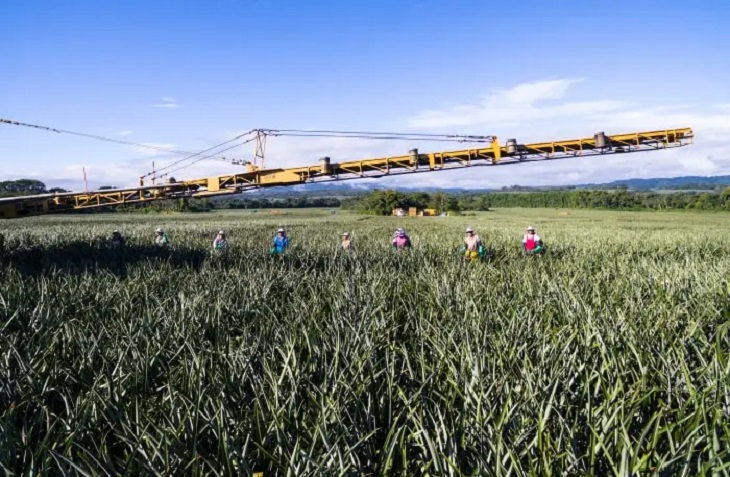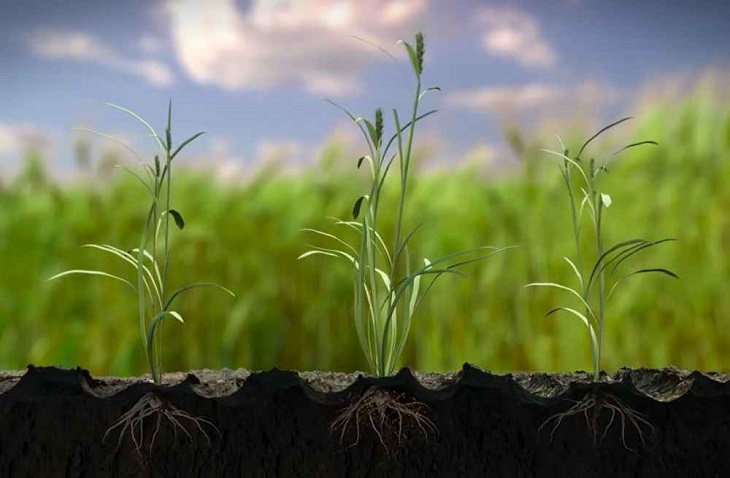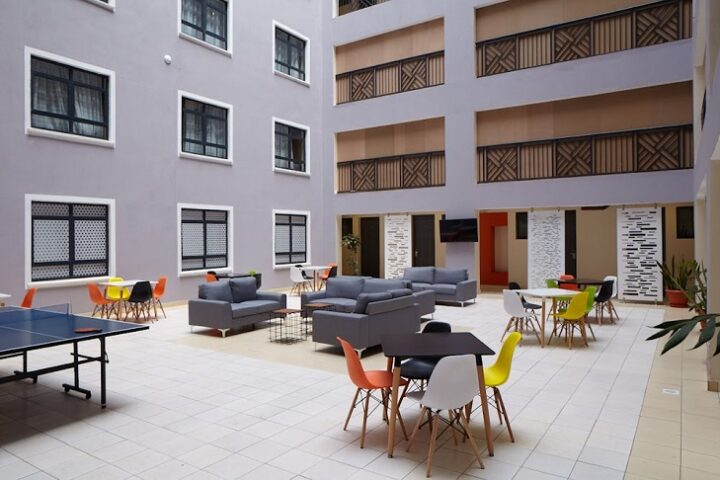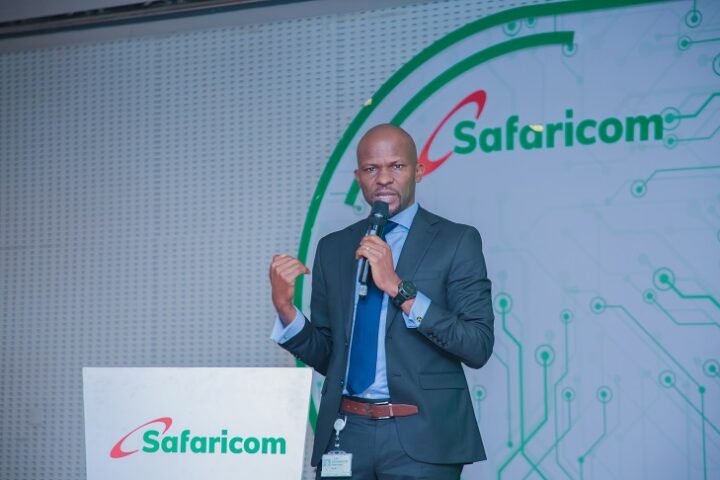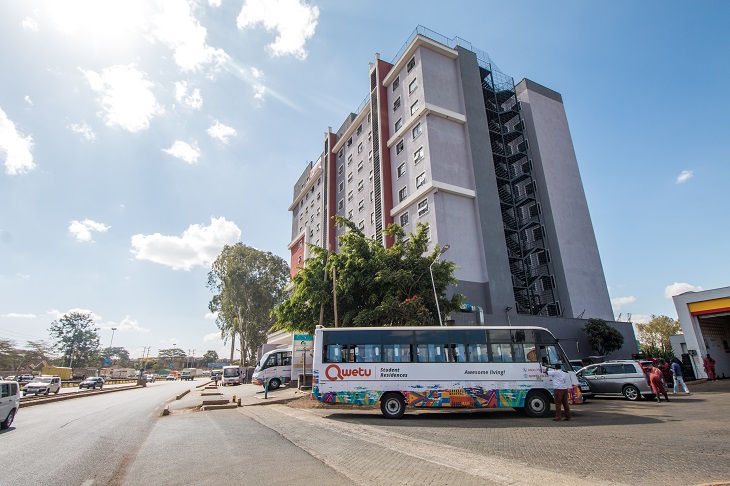Founded in 1965, Del Monte Kenya has evolved into a cornerstone of Kenya’s agricultural and industrial economy, empowering millions of lives and communities for decades.
As the company marks its 60th year, the story that unfolds down memory lane is one of shaping livelihoods, infrastructure, social services, and environmental practices across Murang’a, Kiambu, and beyond.
Del Monte Kenya directly employs over 7,700workers, while indirectly supporting approximately 28,000 additional jobs through its supply chain, equating to over 35,000 livelihoods sustained in Murang’a and Kiambu counties alone. Beyond this, many others earn a living in supermarkets and retail outlets where Del Monte Kenya products are sold.
At the same time, the company remains a significant exporter, moving 3,800 containers of pineapple products and other fruit beverages annually through the port of Mombasa, equivalent to roughly 75,000 metric tonnes of goods or 3,800 truckloads. These exports contribute significantly to Kenya’s foreign exchange earnings, generating over 9 billion shillings annually.
Its contributions are not limited to jobs and exports. Del Monte annually invests 100 million shillings in maintaining roads surrounding its farms, critical infrastructure that integrates farm-to-market logistics while also benefiting entire communities with improved access to schools, clinics, and markets.
The company has also funded clean water points, planted over 100,000 trees in recent years, preserved 275 hectares of wetlands, and created recreational areas and playing fields. This integrated approach blends environmental, social, and infrastructural upliftment, reducing deforestation pressures and promoting watershed health in regions where forest cover has historically dwindled.
Related Content: Del Monte Beyond Fruits: Cultivating Minds, Growing Talents, Fighting Poverty
Education has long been a pillar of Del Monte Kenya’s corporate social responsibility. Thousands from Murang’a and Kiambu can attest to the company’s role in quenching the thirst for education. As early as 1960, it backed Kihunguro Primary School, which has benefited over 3,000 students to date. Today, its network includes eight nursery schools, three primary schools, and the Del Monte Mixed Secondary School, opened in 2010, with over 14,000 students served in the last decade.
At Mitubiri Ward, Del Monte Secondary became the first community-based public school, equipped with piped water, electricity, and road upkeep. Students also benefit from internship programs and career guidance from Del Monte Kenya staff, inspiring many toward agronomy and engineering careers. Beyond infrastructure, the company provides firewood for hot meals, supports orphaned children, distributes sanitary pads, and furnishes classrooms and offices, directly addressing barriers to learning in under-resourced schools.
On the healthcare front, Del Monte Kenya operates six clinics serving employees and dependents, while also organizing free community medical camps that reached over 3,000 patients in a recent year, including screenings and referrals for cancer. Since 2020, more than 11,860 women have participated in initiatives offering reproductive health services, cancer screenings, lactation facilities, and gender-based violence awareness, underscoring the company’s role in supporting inclusive employment and personal well-being.
Innovation and sustainability have become defining aspects of Del Monte Kenya’s modern journey. In 2024, the company launched a state-of-the-art biofertilizer plant that converts pineapple residues into nutrient-rich soil enhancers, creating new green economy jobs while reducing waste. Sustainability also extends to reusable packaging, wetland conservation, reforestation, and regenerative farming practices, already applied across 30% of its lands with a target of meeting global benchmarks by 2030.
Del Monte Kenya’s workforce, nearly 7,700 strong as of 2025, is composed of 36–45% female staff and 99.9% Kenyan nationals. The company prioritizes in-country hiring across permanent, seasonal, and casual staff, while actively promoting female participation and career progression. Structured upskilling programs, onsite health and safety training, and clear career ladders enable employees to grow internally, while welfare initiatives such as breastfeeding centers and medical coverage further strengthen the work environment.
At 60 years old, Del Monte Kenya stands as a vivid example of how agribusiness can act as a multiplier. From farm to factory to export markets, its impact magnifies through jobs, taxes, foreign exchange, supplier networks, and infrastructure, touching tens of thousands of families each year. Through deep-rooted investments in education, healthcare, gender equity, and community infrastructure, the company has woven itself into the social fabric of Murang’a and Kiambu counties, where it is viewed not just as an employer but as a development partner. By embracing circular economy practices, launching biofertilizers, protecting wetlands, planting trees, and adopting regenerative agriculture, Del Monte Kenya has positioned itself as a green pioneer in East African agribusiness.
The company’s 60-year journey reflects the complex interplay between industrial growth and community welfare. As a beacon of agribusiness, Del Monte Kenya has generated jobs, built schools and clinics, improved rural infrastructure, and protected the environment, fostering prosperity across generations.
Related Content: Government Warns Those Invading Del Monte And Kakuzi Lands


